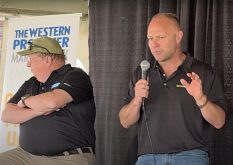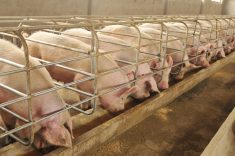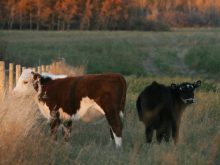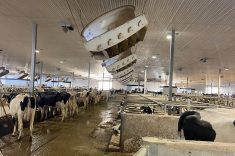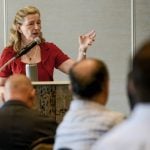RED DEER, Alta. – A national checkoff for beef research and promotion will be presented at the Canadian Cattlemen’s Association meeting in Saskatoon in August.
So far, only Alberta and Ontario have made a firm commitment to the proposed checkoff of a mandatory $1 per head. British Columbia Cattlemen’s Association voted unanimously to support the concept at its annual meeting in May.
Under the proposal the check-off money would be directed by a new agency to the Beef Information Centre, the Canada Beef Export Federation and a proposed beef cattle research council. The information centre would receive the largest share of the money. The agency will be administered by the Canadian Cattlemen’s Association in Calgary.
Read Also
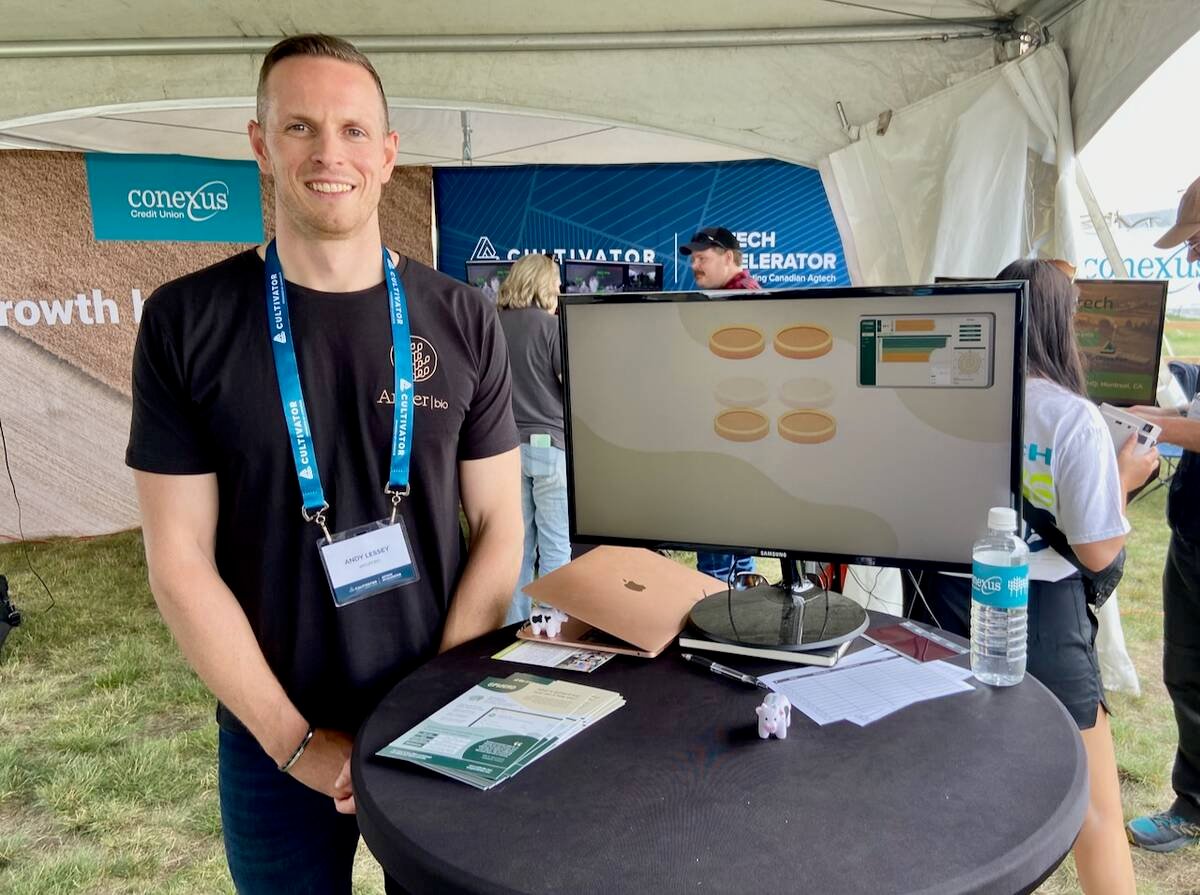
VIDEO: British company Antler Bio brings epigenetics to dairy farms
British company Antler Bio is bringing epigenetics to dairy farms using blood tests help tie how management is meeting the genetic potential of the animals.
The most recent proposal for the national check-off agency was presented at the recent Alberta Cattle Commission meeting in Red Deer.
Currently the money remitted by the provinces to organizations like the Beef Information Centre varies.
“We get everything from a trickle income from the Maritimes to 65 cents from Saskatchewan up to 95 cents from B.C., Alberta and Ontario,” said Dennis Laycraft, executive vice-president of the CCA.
Levy considered in Quebec
The FŽdŽration des Producteurs de Bovin du QuŽbec is not a member of the CCA but producers there are discussing a national levy.
One of the advantages is that the agency can collect a fee on all live cattle in the country and eventually on all imported beef. Imports will be converted to a dressed carcass weight for collection purposes. Money collected on imported products could reach $780,000, said Larry Helland, who sits on the national checkoff committee.
More money may also be collected on cattle moving interprovincially. For example, the dollar could be collected on an Alberta steer being slaughtered in Ontario. Often buyers refuse to submit a checkoff.
The agency’s board would have up to eight producer members elected by the participating provinces based on their share of the industry.
“Some of the smaller provinces would have to go on a rotating membership,” said Laycraft.
A two-year enrolment period is offered. If there aren’t enough provincial participants, the agency won’t fly.
There will be a five-year performance review during which provinces can decide if they wish to renew their participation. There are also termination clauses if a province wants to withdraw.
“We’ll give it some time to work and demonstrate its merit.”
Keith Everts, of Pincher Creek, Alta. asked whether producers will maintain control over how their money is spent. He is also concerned the Alberta levy of $1.50 might have to be raised to cover costs in the province once it donates $1 to the national organization.
“I’m really concerned whether we’ll have enough funds in Alberta,” he said.
Helland said Alberta will actually save money by going through an agency because it already pays for provincial research that could be handled by a national body.
The final concept of a national check-off agency must be approved by the National Farm Products Council in Ottawa. Federal legislation passed several years ago gave commodity groups the right to collect levies at the point of sale to support promotion and research projects.
During the fiscal year ending March 31, Alberta gave the Beef Information Centre $3.6 million, which entitles the province to six out of 15 seats on the board of directors.
Of the 276,548 census farms in Canada, more than half had cattle in 1996. Cash receipts from the beef trade earned them $4.5 billion.






